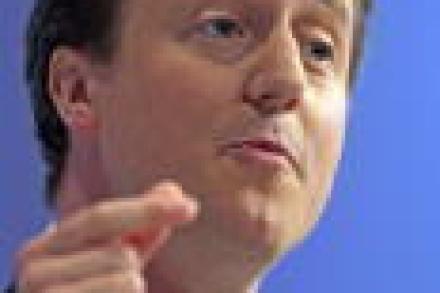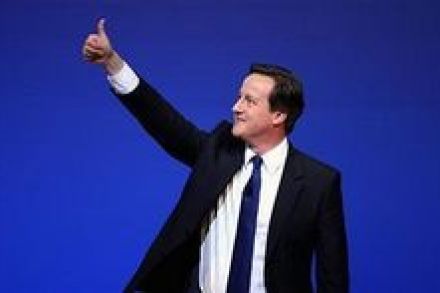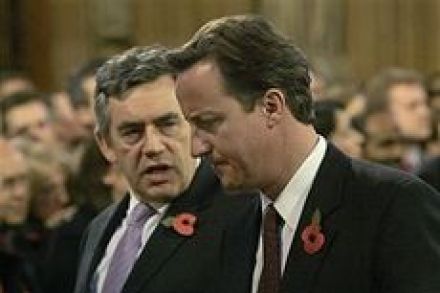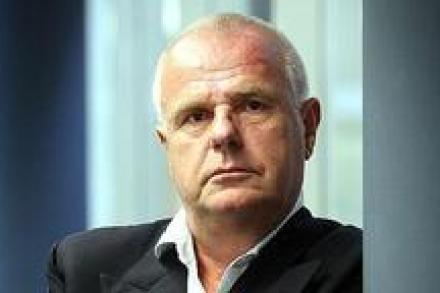A glimpse of Home Secretary Grayling?
Chris Grayling’s reputation as a one-dimensional attack-dog was accentuated by his ill-judged comparison of Britain with Baltimore. The argument laid against Grayling is that he shouts about the government but provides no more than a whisper about policy. However, Grayling shows deep and nuanced consideration of policy when interviewed by Martin Bright in the Jewish Chronicle. Grayling’s subject is extremism and failing multi-culturalism. I apologise for its length, but here is the key section: ‘“I think the government has to make it absolutely clear that anyone in our country who espouses violence is not going to be able to do business with the government of the day and in many
































